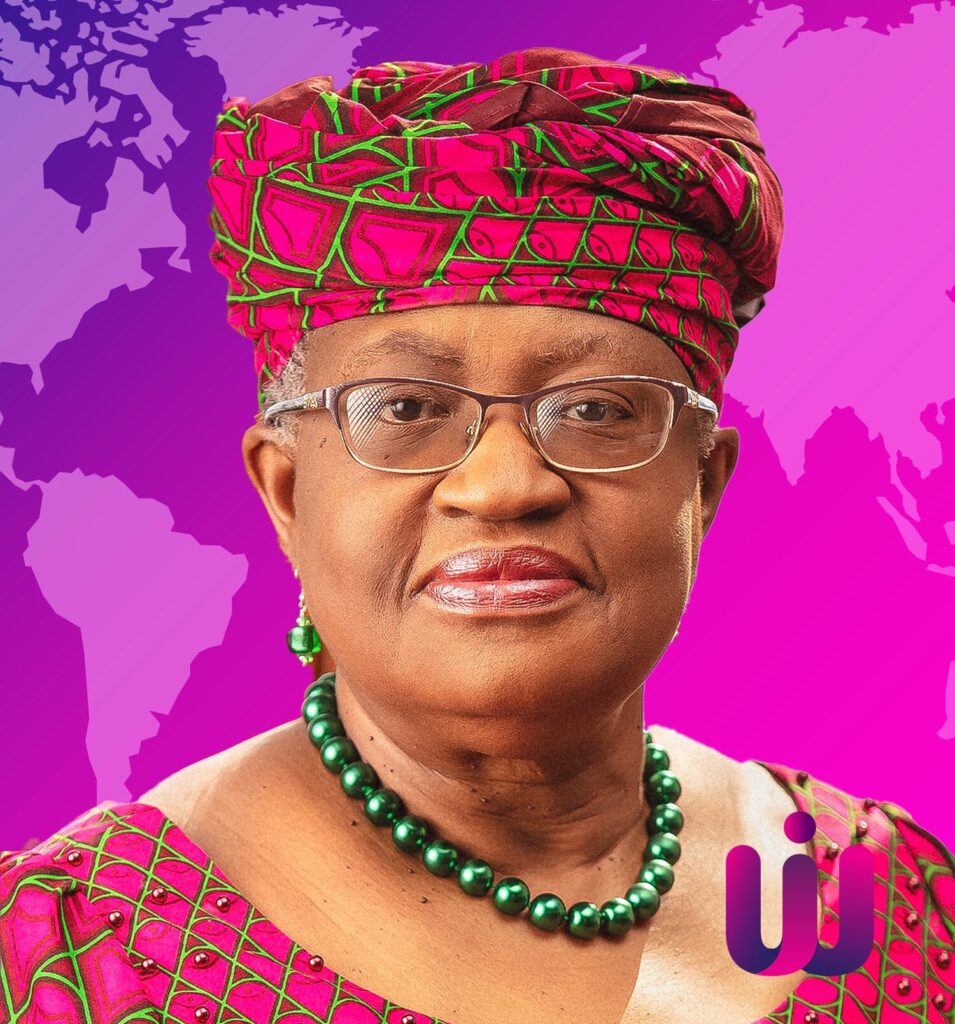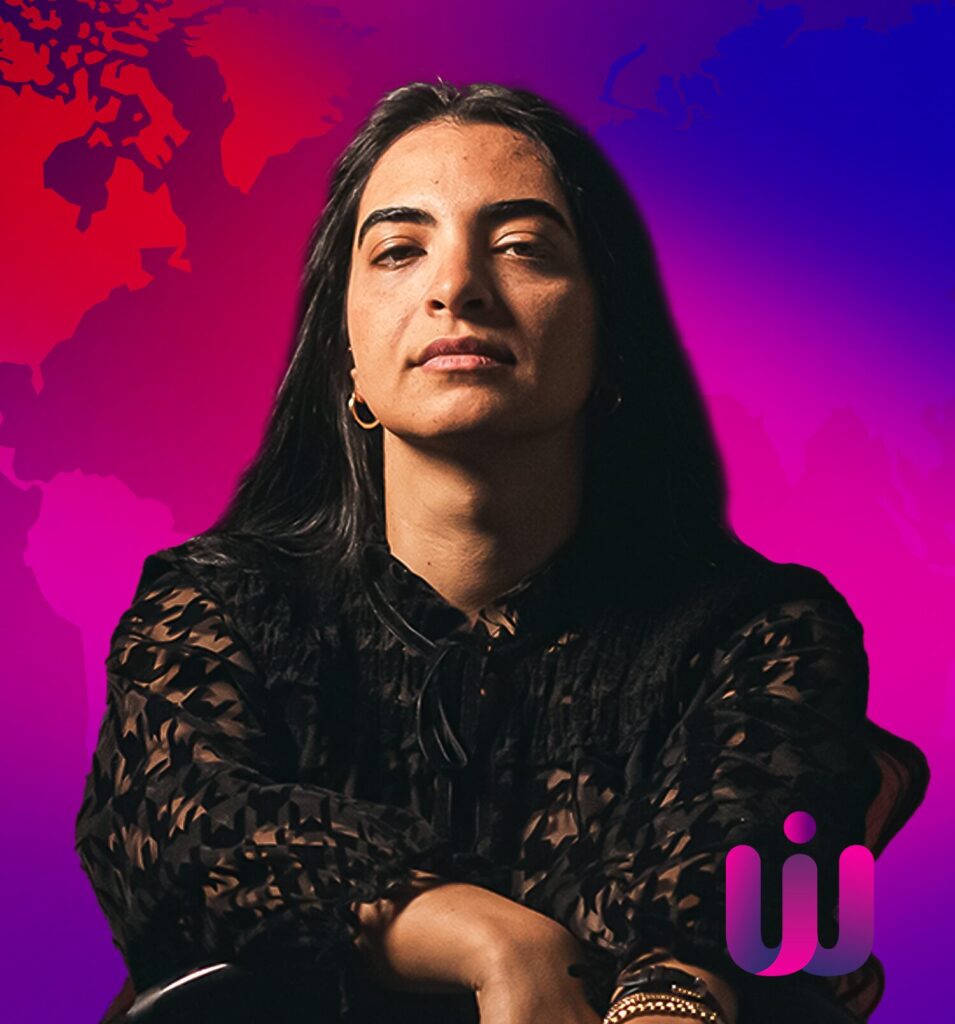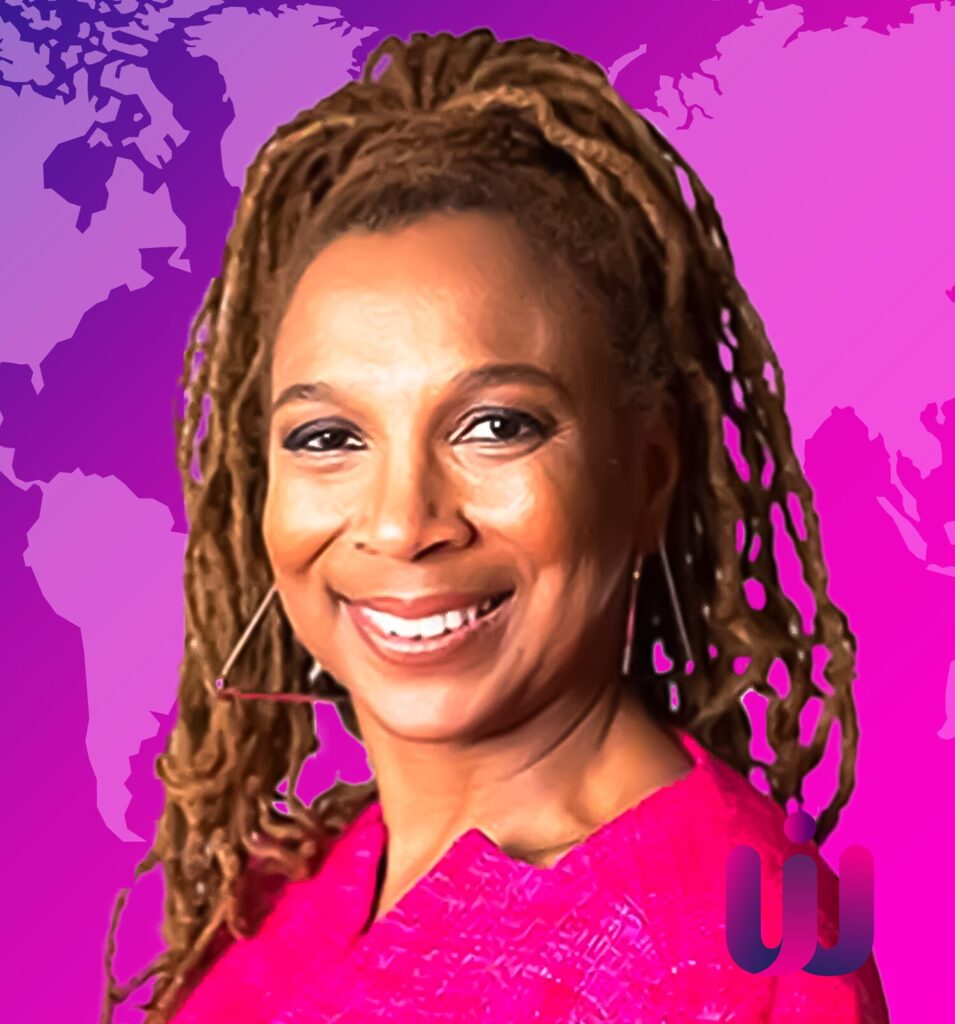Dame Jacinda Kate Laurell Ardern GNZM
From humble beginnings to global influence, raised in a modest family, Ardern grew up in a rural environment, which helped shaped her understanding of the challenges faced by everyday New Zealanders.

Her early exposure to inequality and poverty ignited her passion for politics, which lead her to join the Labour Party at the age of 17. After completing her Bachelors from the University of Waikato, she worked in several political offices, including as an adviser to Prime Minister Helen Clark. Ardern also gained international experience working for Tony Blair’s office in the UK, where she was exposed to global political dynamics.
Jacinda Ardern became the world’s youngest female head of government when she was elected Prime Minister of New Zealand in 2017 at the age of 37. Her leadership has been characterized by compassion, progressive politics, and quick decision-making. Ardern gained international recognition for her swift and empathetic response to the Christchurch mosque attacks in 2019, when she introduced strong gun control measures in the aftermath of the tragedy.
She has also been lauded for her handling of the COVID-19 pandemic, instituting some of the most stringent and successful public health measures globally. Ardern’s governance is grounded in empathy, equality, and social welfare, making her one of the most admired leaders on the world stage.
Her ability to lead with grace under pressure and focus on human-centered governance earned her a spot among the top 100 Most Influential Women in the World. Her leadership style has become a benchmark for other leaders, proving that empathy and kindness can coexist with strong, effective governance.












